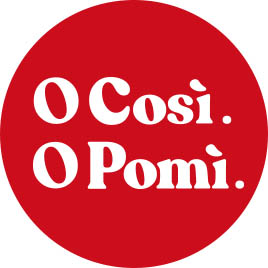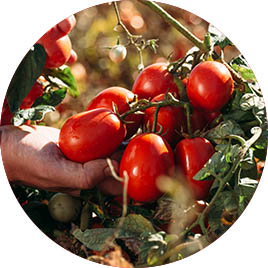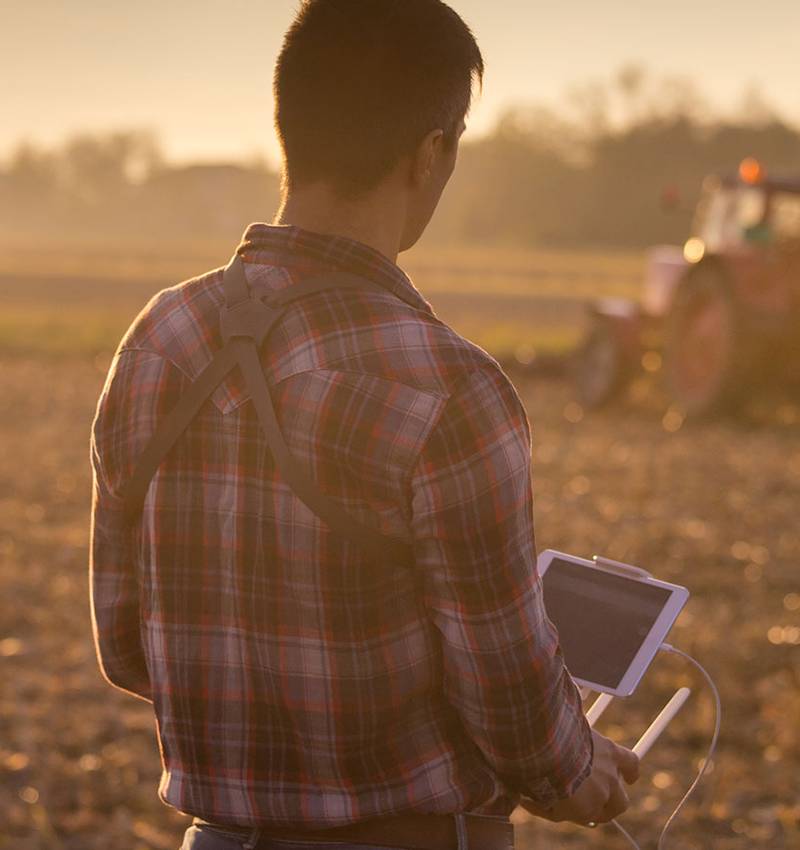How can food combat climate change? Can production complement individual eating habits to make a difference to the planet’s future?
Food production is one of the main causes of climate change: according to FAO data, 54% of waste occurs upstream, during the production, collection and processing of food. However, agriculture can become a key resource for tackling climate change. And digital technology represents the strategic driver of a consumption model which, starting from the field, is becoming increasingly ethical and sustainable.
Supply chain quality has always been one of Pomì’s prerogatives. This means always looking ahead, learning from the lessons of the past and embracing the innovations of the present to become a concrete example of production of good, clean, healthy food with minimal impact on the future well-being of man and the planet.
This is the basis of Pomì’s desire to support an agricultural and productive business based on environmentally friendly practices that combine deep-rooted expertise in agronomic practices and 4.0 agricultural innovations.
The watchword is sustainability, in all its forms.
Proximity and technology: the two keys to sustainability
Since 2018, the agrifood sector has demonstrated innovative impetus based on the Short Food Supply Chain concept. The proximity factor is nothing new at Pomì, where we have always believed in a short supply chain model, based on a distance of no more than 50 km between the field and the processing sites, with positive effects not only in terms of the quality of the tomato – delivered fresh to the factories – but also in terms of reducing CO2 emissions from transport.
Pomì’s short supply chain is also evident in its relational proximity: the relationship between the Consortium’s farmers and Pomì agronomists, who constantly work in direct contact and can count on the support of innovative technological solutions, integrated throughout the entire tomato value chain, guaranteeing improvements in terms of environmental sustainability, safety, ethics, quality, traceability and efficiency.
From the optimization of irrigation systems based on predictive estimates of tomato seedling needs to automated and real-time soil health assessment analysis, high-tech solutions – wireless connectivity, the Internet of things and automation – make it possible to enhance the entire supply chain, reducing waste and the overall environmental impact of tomato cultivation.
It is always technology that facilitates a new form of informative proximity, a trust pact entirely based on transparency, which brings the production chain closer to the consumer.
With the Social Footprint project, the blockchain approach serves the tomato supply chain to ensure better traceability and new levels of food safety. Objective: to eliminate every possible grey area in order to guarantee consumers quality and reliability at all stages by providing detailed information on the origin of the tomato, which can be verified and checked from cultivation to processing to the store shelf, allowing consumers to discover step by step all the different phases and actors in a high-quality supply chain.
Because Pomì is not only a story of passion,
but a future of innovation dedicated to sustainability.







